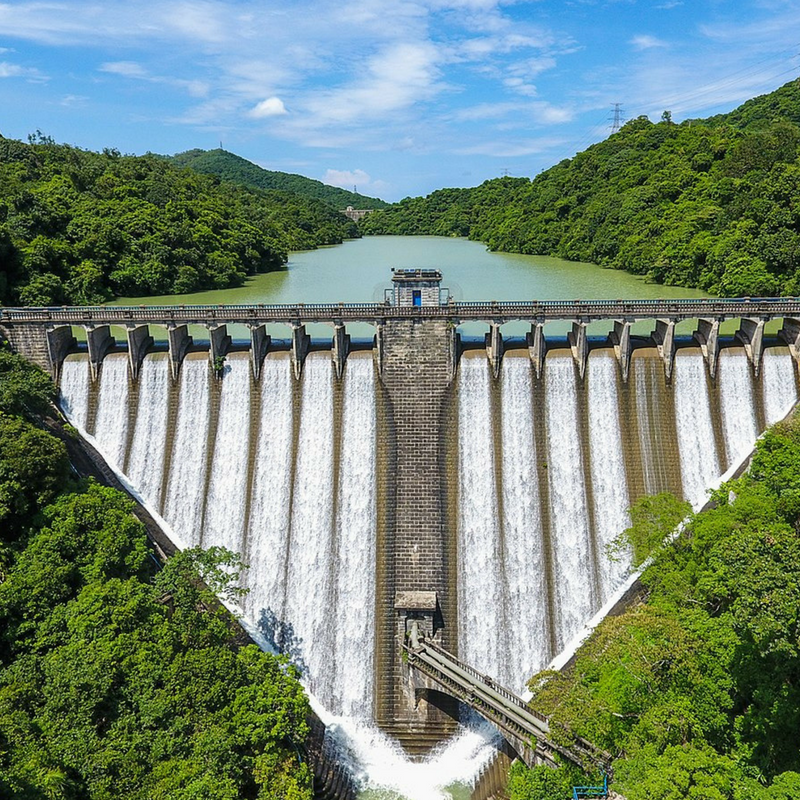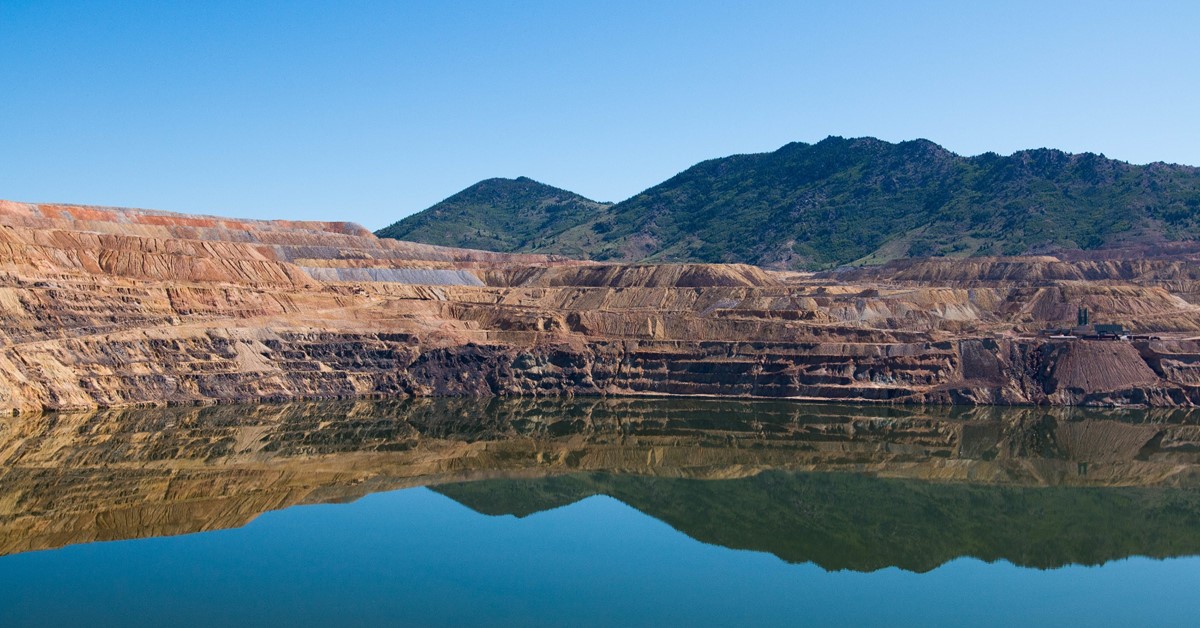Environmental Compliance & Enforcement
Our environmental attorneys take a proactive approach to compliance and enforcement, helping our clients see the big picture, both aggressively seeking to resolve current issues on the most favorable terms possible and planning for compliance issues that might arise in the future, thereby avoiding costly enforcement actions later.
Environmental Audits
We are regularly involved in voluntary audits that assess compliance with environmental and health and safety legal requirements and determine whether any corrective actions are required. Environmental audits allow our clients to assess their own environmental compliance and may allow them to avoid certain penalties if those violations discovered during the audit are self-reported to the Texas Commission on Environmental Quality (“TCEQ”) and Railroad Commission of Texas (“RRC”) and the federal Environmental Protection Agency (“EPA”) and Occupational Safety and Health Administration (“OSHA”) and then corrected.
Inspections
State and federal environmental, health, and safety regulatory agencies have robust enforcement authority and regularly conduct inspections to assess compliance with legal requirements. We advise our clients on how to prepare for inspections, what to do when an inspector arrives, and how to respond to inspector requests, including records requests and employee interviews.
Enforcement Actions
In the event of an enforcement action, our attorneys are skilled in every aspect of the case process, whether the case settles, involves an administrative hearing, or goes to trial. We regularly represent clients in negotiations with TCEQ, RRC, EPA, and OSHA, as well as before the State Office of Administrative Hearings (SOAH) and EPA administrative tribunals. We have successfully defended clients in some of the most significant administrative hearings in Texas.
In addition to our procedural experience, we have excellent working relationships with key decision-makers at the administrative agencies and in the legislature. In fact, several of our attorneys have previous experience working in the various regulatory agencies. Our relationships enable us to act as effective advocates for clients both in administrative hearings and through the rulemaking and legislative processes.
- Before the TCEQ, we represented an energy client in water quality matters concerning the proposed listing of the Lake Arlington cooling water body as thermally impaired under Section 303(d) of the Clean Water Act. We successfully demonstrated that the proposed listing was unnecessary.
- For the owner of a new natural gas-fired, combined-cycled power plant, we successfully obtained the initial wastewater discharge permit from TCEQ required to commence operations at the plant. We also served as developer’s counsel for certain regulatory, project financing, and environmental matters, including providing a legal opinion to the lender regarding the developer’s compliance with all applicable state and local environmental permitting and regulatory requirements.
- We have considerable experience with steel-making and steel fabrication facilities. We help these facilities obtain state air quality permits. Since 2005, we have completed a number of on-site, environmental permit audits for steel mills, steel fabrication facilities, and metal recovery and recycling facilities. In 2009, we assisted clients with implementing area-source MACT compliance programs for existing and new paint booths. We respond to regulatory investigations and notices for alleged air, water and waste violations.
- As state and federal regulations evolve to require the expanded use of low emission fuels, including the use of Ultra Low Sulfur Diesel and Texas Low Emission Diesel (TxLED), we have represented clients to ensure that these fuels could be effectively used in their existing operations. We have also assisted clients with evaluating alternative fuel use projects, including the use of biodiesel. In Texas’ ozone non-attainment areas, these clients have taken advantage of the Texas Emissions Reduction Plan (TERP) to purchase new engines for off-road mining equipment and for near-shore refueling barges. We often represent large industrial clients in their efforts to understand, comply with and mitigate the economic impacts of TCEQ rulemakings designed to expand the current ozone non-attainment areas.
- For a client acquiring a 300 MW coal-fired power generation facility, we evaluated environmental liabilities prior to the acquisition, developed a strategy for an environmental audit under the Texas Environmental Audit Act, considered groundwater availability issues, and evaluated alternative fuel uses. We also assisted this client with all permitting and permit transfer considerations in acquisition of the assets, and prepared and filed all applicable PUCT and ERCOT registrations.

March 6, 2025
Insights
U.S. Supreme Court Limits EPA’s Wastewater Permitting Authority in Major Clean Water Act Decision
By Leonard H. Dougal and Alicia French
On March 4, 2025, the United States Supreme Court issued a decision in City and County of San Francisco v. Environmental Protection Agency, which restricted the scope of the Environmental Protection Agency’s (“EPA”) permitting authority under the Clean Water Act (“CWA”).

January 31, 2025
Attorney News
Lawdragon Lists Eight Jackson Walker Partners Among Leading Environmental Lawyers of 2025
Jackson Walker partners Ali Abazari, Leonard Dougal, Taylor Holcomb, Lindsey Moorhead, Michael Nasi, Benjamin Rhem, Daniel Vineyard, and Peter Wahl have once again been recognized among Lawdragon’s list of leading environmental lawyers.

January 31, 2025
Insights
What’s Next for Energy Policy after President Trump’s Executive Orders?
By Travis Wussow & Michael J. Nasi
On his first day in office, President Trump signed an historic number of executive orders, many of which were focused on energy policy issues. These orders provided a clear signal of President Trump’s policies and policy directives to federal agencies over the coming months. The two most consequential energy-related executive orders were an order titled “Declaring a National Energy Emergency” and an order titled “Unleashing American Energy”.

July 11, 2024
Insights
EPA Advances Major Regulations on Per- and Polyfluoroalkyl Substances (PFAS)
By Taylor Holcomb & Travis Wussow
Due to the emerging issues and heightened public attention around PFAS, EPA in 2021 announced a whole-of-government strategic roadmap on addressing PFAS. The roadmap lays out a three-pronged approach: adding new restrictions on air and water emissions of PFAS and new regulations for PFAS disposal; expanding remediation and cleanup of existing PFAS contamination; and funding PFAS research to better understand these compounds and their impact on health and the environment.

February 2, 2024
Attorney News
Lawdragon Lists Eight Jackson Walker Partners Among Leading Environmental Lawyers of 2024
According to Lawdragon, “The 2024 Leaders in Environmental Law” list features “an amazing collection of attorneys, ranging from wolf advocates, to sustainable finance leaders, experts in greenwashing claims and regulatory gurus who help businesses navigate environmental regulations to successfully develop projects.”

May 26, 2023
Insights
US Supreme Court Narrows Wetlands Jurisdiction Under Clean Water Act
On May 25, the U.S. Supreme Court (the Court) issued its decision in Sackett v. EPA which substantially narrows the reach of Section 301(a) of the Clean Water Act (CWA), a provision that prohibits certain discharges of pollutants to navigable waters without a CWA permit. Determining the scope of the CWA’s definition of navigable waters, and in turn the propriety of the regulatory definitions established by EPA and the Army Corps of Engineers (ACOE) to define waters of the United States, is at the heart of this litigation.
By Jonathan Bull

February 14, 2023
Attorney News
Lawdragon Lists Five Jackson Walker Attorneys Among Leading Environmental Lawyers
Jackson Walker announces the selection of Ali Abazari, Leonard Dougal, Michael Nasi, Benjamin Rhem, and Daniel Vineyard to “The Lawdragon Green 500: Leaders in Environmental Law” list for 2023.

February 6, 2023
Insights
Expect New Standards for Landfills, Industrial Sites as EPA Tackles PFAS Discharge in Water
EPA recently issued the Effluent Guidelines Program Plan 15 to address the widespread “forever chemicals,” known as per- and polyfluoroalkyl substances (PFAS), found in water, air, fish, and soil around the world.
By Daniel Vineyard & Tyler Self

December 1, 2020
Speaking Engagements
UT Law’s Hot Topics in Gas and Power to Feature Meghan Griffiths, Richard Howell, and Mike Nasi
During the 2020 Hot Topics in Gas and Power webcast on December 11, 2020, Jackson Walker partners Meghan Griffiths, Richard Howell, and Mike Nasi will discuss regulatory updates and environmental challenges and impacts on energy infrastructure.

August 7, 2020
Speaking Engagements
Ali Abazari to Present “CCR Rule Update” During 2020 Coal Combustion Residuals Conference
Ali Abazari, as Counsel for the Texas CCP Coalition, will open the 2020 Coal Combustion Residuals Conference on August 10 with an update on the proposed amendments to and upcoming compliance deadlines for the Coal Combustion Residuals (CCR) Rule.
- Provide compliance counseling and regulatory assistance
- Defend regulatory violations
- Investigate and oversee remediation of contaminated property (including federal and state Superfund and private cleanup actions)
- Contribute to development of regulatory policy development and agency rulemaking
- Negotiate remediation measures
- Develop investigation and cleanup strategies
- Develop and review environmental audits to determine levels of compliance












